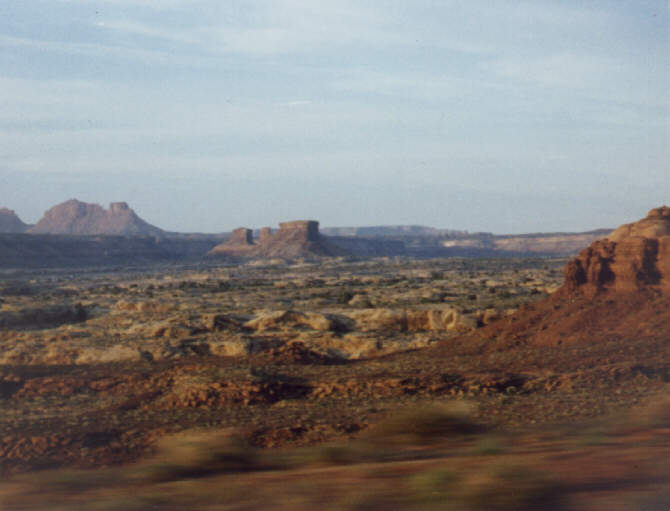Examines the history leading to the passage of P.L. 93-531, in 1974, to force the relocation of 10,000 Diné (Navajo) from Hopi land. Behind the scenes, argues the film, it was all about mining rights as Peabody Coal used the Hopi tribal council through its attorney, John Boyden, to evict Diné families who had lived in peace with Hopi people for centuries. As context, the film discusses the Long Walk, arbitrary reservation boundaries, the advent of Indian schools, the formation of compliant tribal councils, excavation contracts for coal, uranium, oil and natural gas that paid impoverished tribes pennies on the dollar, and the apologetics of elected officials, including Morris Udall.
User Reviews
devastating, 27 April 2007
I can't believe I'm the first person to comment on this 1985 Oscar winning doc, it should be seen by every American. The depth of the tragedy inflicted on the Navajo to this very day by the US Government through the BIA is hard to comprehend. The Euro-American race has long proved its prowess in human rights violations, but there is a particular cruelty in its methods against the Navajo and Hopi nations, who they tried to set against each other in order to pillage the incredible wealth under the land and poison it in the process. It could certainly be construed as torture, with shots of BIA bulldozers destroying even the desert vegetation to deprive the people of their food and medicine. When they could have given them much more than the peanuts (2 to 3% of the value of all that coal, gas, oil, and uranium!!!) and given them a few mesas on which to live their old dignified ways. Which is all they ever really wanted. Exploited for their beautiful weaving and jewelry too, ripped off, people!
The documentary is nearly perfect in execution, with wonderful narration by Martin Sheen and character voices by Buffy St Marie and Burgess Meredith (!). And a special treat for Laura Nyro fans, she wrote and sings an original song, a beautiful piece that weaves in and out of the film. Please watch it.
It's unclear what role Peabody Coal and John Boyden played in the decision-making. But it's an insult to the Hopi to claim they were naive children who couldn't think for themselves. Moreover, they've claimed sovereignty over their ancestral land for a century or more, long before coal leases were an issue.
I haven't seen Broken Rainbow, but I don't get a sense that it covers the pro-Hopi side of the controversy. For that you can read Hopi vs. Big Mountain Trespassers.
Anyway, Broken Rainbow won an Oscar for Best Documentary (Features) in 1986. We can add it to the short list of movies that have won Oscars for Native actors or themes.
For more on the subject, see Native Documentaries and News.
Below: Big Mountain on the Hopi reservation.


No comments:
Post a Comment